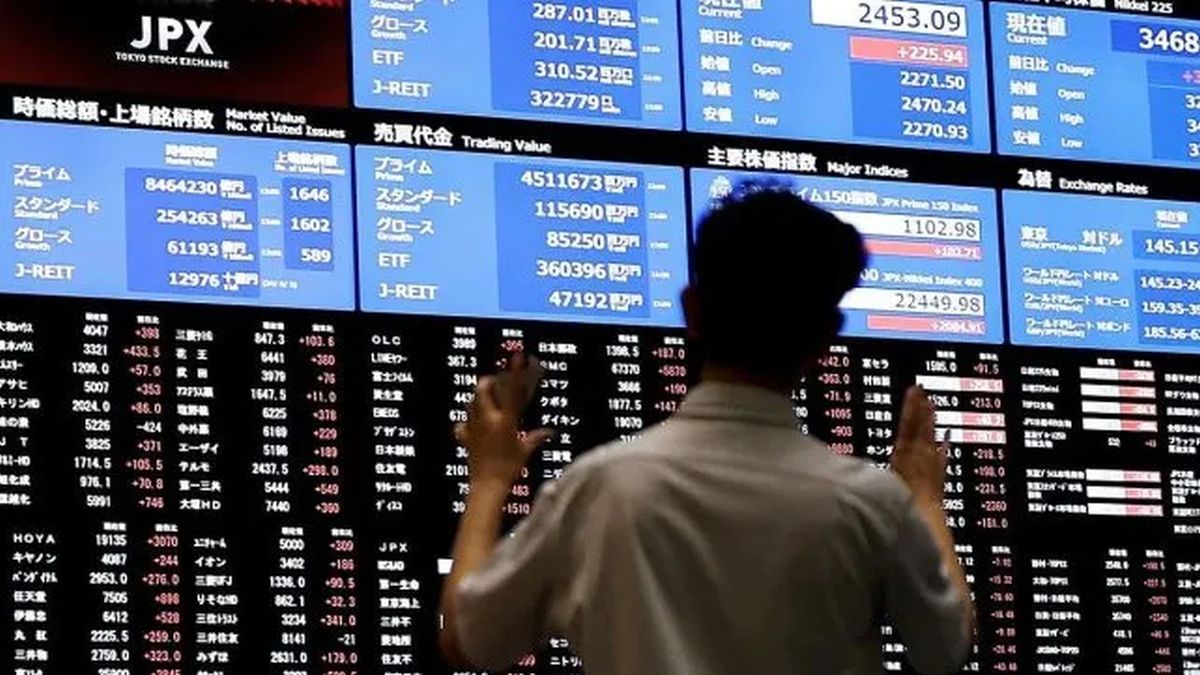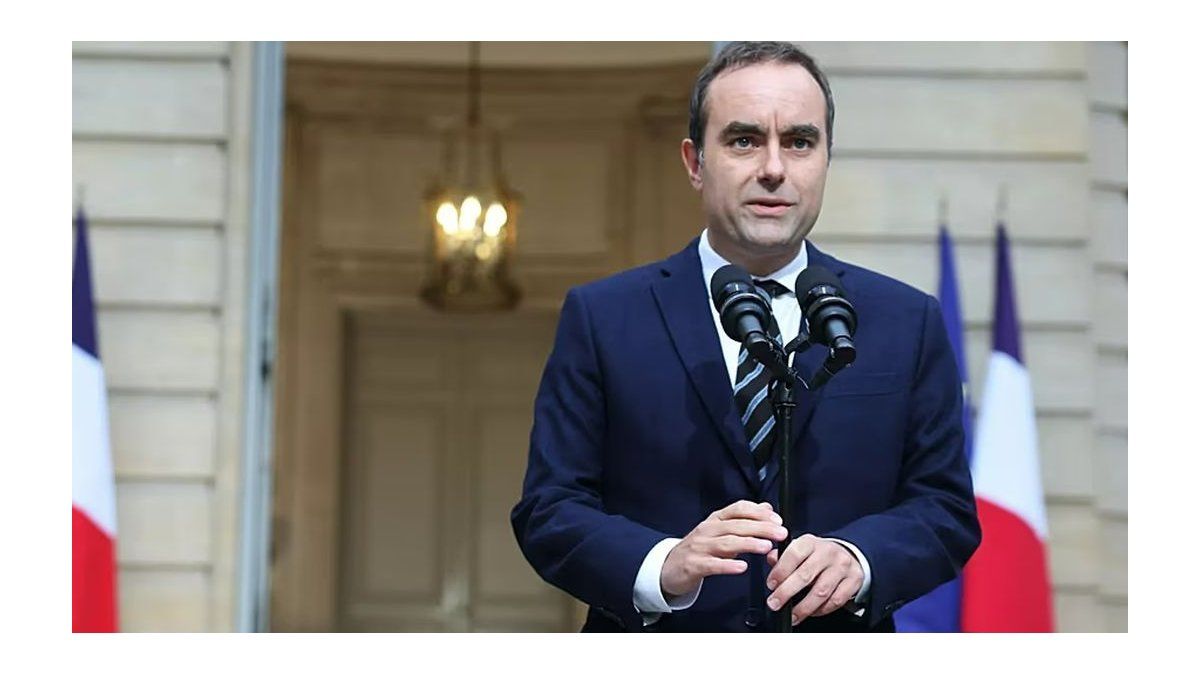Despite increasing concerns about the economy, the German stock market made up for initial losses on Tuesday.
Despite increasing concerns about the economy, the German stock market made up for initial losses on Tuesday.
At the end of trading, the leading index Dax was up 0.57 percent at its daily high of 12,905.48 points. The MDax of medium-sized stock exchange companies closed 0.23 percent higher at 25,755.18 points. Positive impetus came from the friendly opening of Wall Street in the afternoon. The gas crisis in Europe, the risk of renewed corona lockdowns in China and low economic expectations had previously had a negative impact.
The other leading European exchanges also recovered in late trading and posted gains. The EuroStoxx 50 rose by around 0.4 percent. In Paris, the Cac 40 was up 0.8 percent, while the FTSE 100 in London was up just 0.2 percent. In New York, the Dow Jones Industrial was up around 0.3 percent at the end of European trading.
The economic expectations of German financial experts clouded over in July compared to the previous month even more drastically than analysts had already feared. This was confirmed by the mood barometer of the Mannheim research institute ZEW. Concerns about an energy crisis and the prospect of rising interest rates also caused a surprisingly significant deterioration in the assessment of the economic situation.
Now the focus is on the US inflation data, which is expected on Wednesday. The Dekabank experts fear that prices in June may have risen even more sharply than in May compared to the previous month.
Among the individual stocks, the aviation stocks Airbus and MTU were the leaders in the Dax, each with gains of more than 4 percent. The papers of the armaments companies Rheinmetall and Hensoldt were also among the more attractive values with price premiums of 0.9 and 2.1 percent respectively.
According to preliminary quarterly figures, BASF shares, which were weak the day before, recovered well and rose by more than 3 percent. Thanks to price increases and the weak euro, the chemical company performed better than analysts had expected and confirmed its annual targets.
Some real estate stocks came under some pressure. A downgrade at Grand City Properties also had a negative impact. The shares lost 1.1 percent and were at times as cheap as they were last in 2015.
The euro was last traded at $1.0066. The European Central Bank set the reference rate at $1.0042 in the afternoon.
The current yield on German Bunds fell from 1.12 percent on the previous day to 0.95 percent. The Rex pension index rose by 0.86 percent to 135.81 points. The Bund future gained 1.04 percent to 152.87 points.
Source: Stern
Jane Stock is a technology author, who has written for 24 Hours World. She writes about the latest in technology news and trends, and is always on the lookout for new and innovative ways to improve his audience’s experience.




